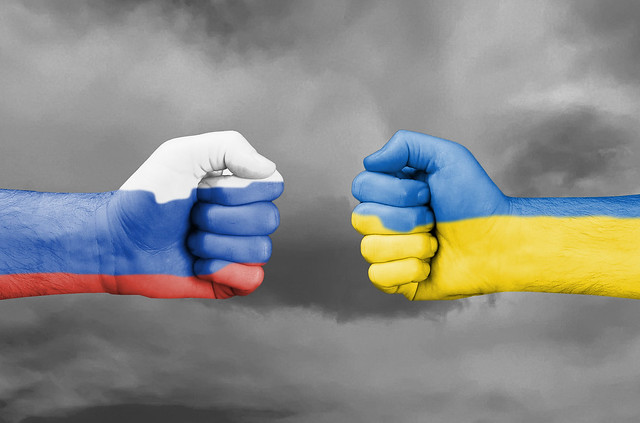
It is difficult to ascertain how many Russian soldiers have been captured by Ukraine during the ongoing war with Russia.
A few days ago, Ukraine released the names of more than 100 Russian prisoners of war (POWs), “urging their mothers to come and ‘take your sons.’”
Several news organizations and social media sites have been disseminating photos and videos – most of them provided by Ukrainian officials — of soldiers who appear to be Russian condemning the Russian invasion of Ukraine and the lies upon which the invasion is based – some even begging for mercy.
In a piece highlighting how some of these sentiments are affecting the Russian troops and their morale, in particular among young conscripts, this author quoted part of a text message read aloud by Ukraine’s ambassador to the United Nations at an emergency meeting of that organization.
It was part of a heart-wrenching message sent by the soldier to his mother moments before he was killed in Ukraine, according to the ambassador.
At the time of the article, there were already numerous narratives, photos and videos of captured Russian soldiers expressing remorse, disappointment, a sense of betrayal and anger at the Russian government for having forced them into such an untenable, unconscionable situation. I did not use them.
Although, as far as I know, the names of the dead soldier or of his family back in Russia were not divulged, today I do not feel comfortable about having used the quote.
Something about making public the last communication between a soldier (Russian, Ukrainian, American or whatever) and his mother just does not seem right.
But worse, and possibly violating international law, specifically the Geneva Conventions, is the stream of photos and videos circulating “featuring” captured, Russian soldiers, some bloodied, some lying in hospital beds, some “confessing” — all very scared.
The Geneva Conventions specify that prisoners of war “must at all times be protected, particularly against acts of violence or intimidation and against insults and public curiosity.”
The International Committee of the Red Cross said last week that prisoners “must be treated with dignity, and not exposed to public curiosity — like circulating images on social media.” Other human rights organizations have also cautioned against disseminating videos of Russian POWs as such falls under the Geneva Conventions’ prohibition.
Of course, the free world supports Ukraine in their heroic struggle against a war criminal whose invasion “is following Hitler’s and Stalin’s playbooks” and it understands that in fighting for its very survival, such videos are part of its desperate efforts to “win on the all-important information battlefield…in the service of reinforcing the brutality of the war and undermining the Kremlin.”
But such “confessions” by Russian soldiers can also expose their families to reprisals by Putin’s Federal Security Service.
Rachel E. VanLandingham, a war crimes expert at Southwestern Law School in Los Angeles says, “While adherence to all is to be encouraged, most importantly those whose violations are grave breaches, I believe Ukraine can be forgiven for this, though I do fear for the prisoners’ families, and I hope the Russian prisoners are being warned of the potential negative consequences for their families of their words before they speak.”
Also, such potential violations of the Geneva Conventions by Ukraine might not be helpful when the world starts holding Russia accountable for its violations.
In contrast to the horrific crimes against humanity being perpetrated by the brutal Putin regime, such breaches of the Geneva Conventions might be considered minor and understandable.
However, as Noam Lubell, an international human rights law expert at the University of Essex says, “… adherence to international law is the foundation for these criticisms against Russia, so we have to ensure that the same law keeps guiding us in discussions of actions of all parties to the conflict.”
















